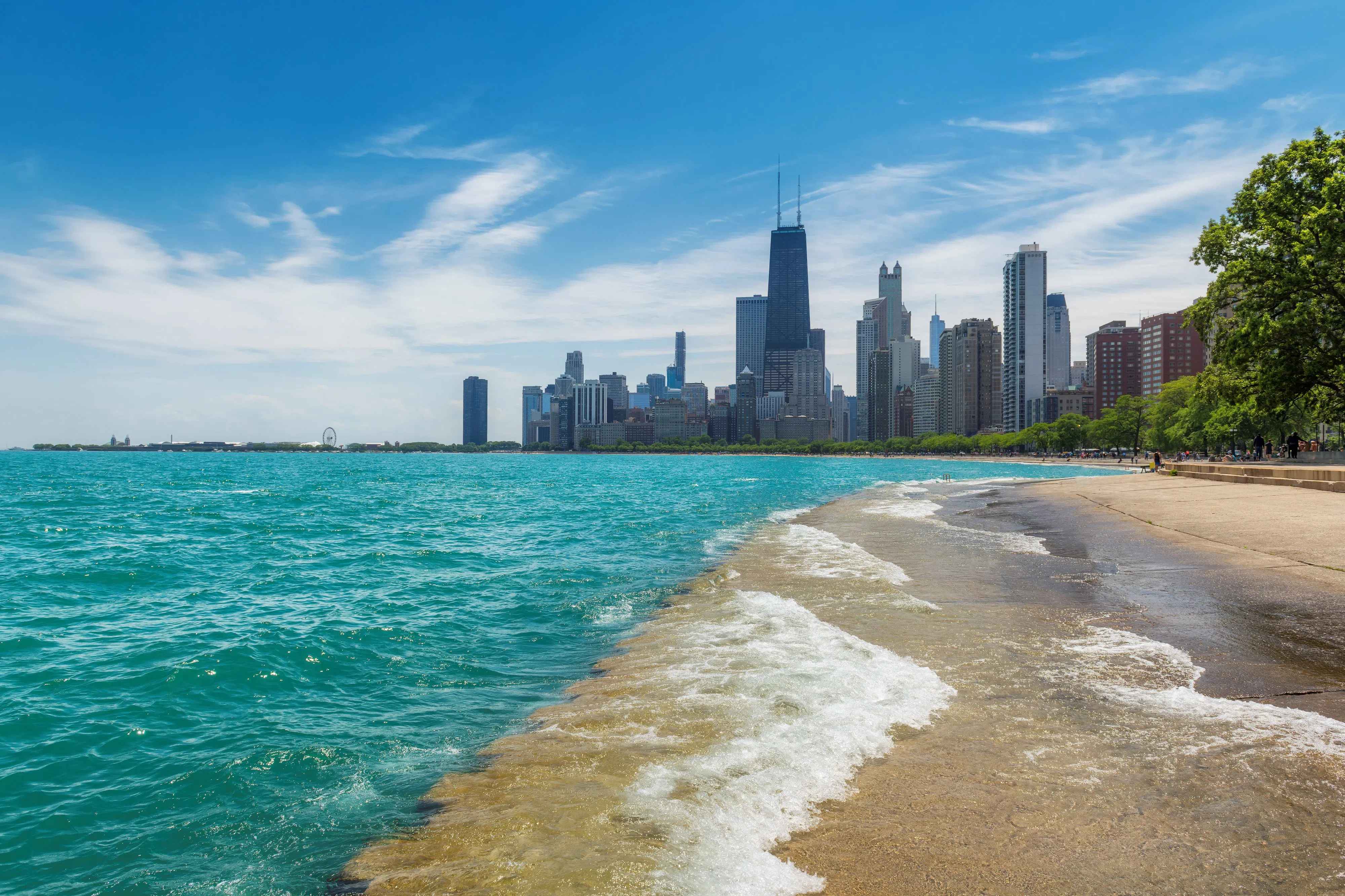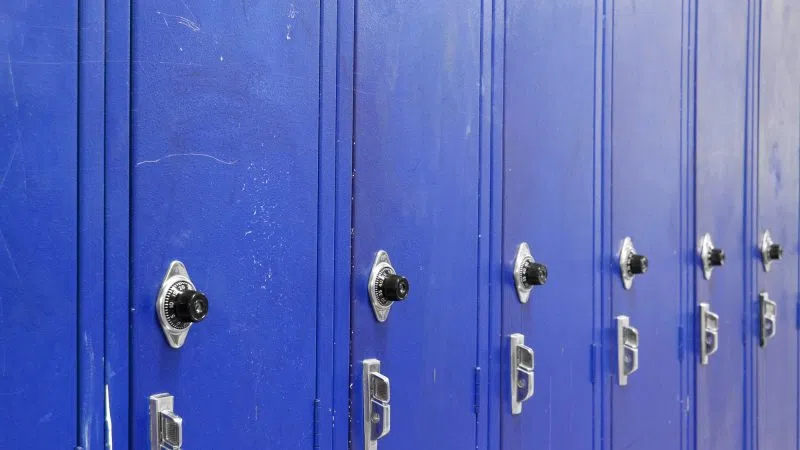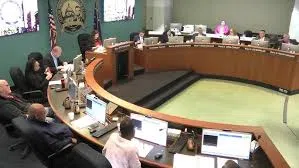Terri Dee
Illinois News Connection
“Don’t go into the water” is a warning Illinoisans may want to heed. A 2024 study released this week found all state-border beaches on Lake Michigan last year had evidence of contamination.
Findings from the Safe in Swimming report indicate these conditions could cause serious gastrointestinal and respiratory ailments. The data show bacteria levels were well above the EPA’s “Beach Action Value” water quality standards. These guidelines help determine advisories and closures.
Emily Kowalski, outreach and engagement manager for the Environment Illinois Research and Education Center, explained the odds of exposure.
“One hundred percent of those beaches had potentially unsafe levels of fecal indicator bacteria at least one day in 2024, meaning that swimmers were potentially at risk,” she said.
A water sample exceeding acceptable BAV standards increases the chances of a higher illness rate among swimmers. The study shows 71% of Great Lakes beaches had at least one potentially unsafe test day. Three beaches in Cook County had the highest degrees of dirty water – Winnetka Lloyd Park had the highest at 21. Glencoe Park and Montrose beaches had 14 days each.
The study identified runoff from paved streets and parking lots, and overflow from outdated, bacteria-encrusted sewage systems as harmful contributors. Livestock waste from concentrated animal feeding operations, or CAFOs, is another source.
Human contact with water tainted by manure could cause an E. coli infection. Kowalski suggested the environment could be one solution to interrupt the pathogen flow.
“Investing in nature-based solutions, green infrastructure, but also the repair needed in aging sewage systems nationally,” she continued.
An estimated 57 million Americans experience nausea, diarrhea, ear and eye infections, and skin rashes after swimming in polluted waters. Kowalski adds the EPA estimates a price tag of $630 billion over 20 years will be needed to address sewage runoff and other wastewater problems nationwide.
Illinoisans can check the status of their favorite beach at Chicago Park District Beaches website.






